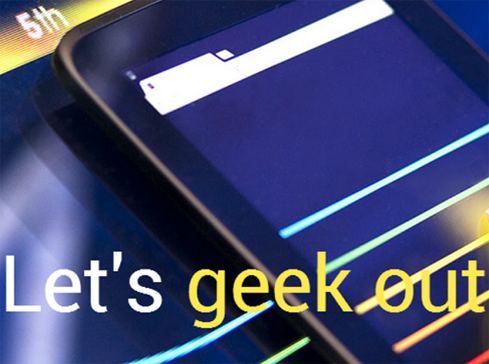To boost Android's business appeal, Google is investing in mobile device management.


Google I/O 2014: 8 Things To Watch
Google I/O 2014: 8 Things To Watch (Click image for larger view and slideshow.)
Moving to strengthen Android's appeal to enterprise customers, Google on Monday acquired Divide, a mobile device management platform, for an undisclosed sum.
Divide announced the deal on its blog, noting that the company will become part of Google's Android team and that its software will continue to work for existing customers. Divide also supports Apple iOS devices.
Google declined to comment beyond confirming the accuracy of Divide's statement.
The deal represents Google's 14th known acquisition this year. And a 15th acquisition, Twitch, is reportedly pending. If Google continues to acquire companies at this rate, it will surpass its 2010 high water mark, when it made 26 acquisitions.
Divide, as its name suggests, offers software that divides mobile devices into separate partitions. This is a popular strategy for placing business software on personal devices under corporate management without limiting personal apps. Divide also provides a cloud-based management console to handle administrative tasks like pushing group policies, restricting apps, setting screenlock requirements, and erasing data.
[Want to learn more about Google's interest in Twitch? Read YouTube Courts Twitch.]
Security remains a pressing concern among the growing number of companies that rely on mobile devices, which may be lost, stolen, or comprised. To further complicate matters, these devices may be employee-owned, an arrangement commonly know as "bring-your-own device" or BYOD.
While Apple's attentive oversight of its App Store has helped limit iOS malware and led to extensive iOS adoption among enterprises, Google's more relaxed policy has led to greater Android market share and has given third-party mobile security companies an opportunity to sell more extensive defenses.
To turn the openness of Android (and iOS) into something more suitable for security-conscious organizations, mobile security companies have rushed to market under the banner of mobile device management (MDM), enterprise mobility management (EMM), mobile application management (MAM), and mobile content management (MCM).
While there are arguable distinctions in these various acronyms, they're all basically ways to make mobile devices more secure. Good Technology and MobileIron are two of the independent companies still standing. Other mobile security companies such Airwatch and Fiberlink have been acquired by the likes of VMware and IBM. Device maker Samsung is addressing mobile security directly through its KNOX software.
Forrester analyst Ted Schadler, co-author of the forthcoming book The Mobile Mind Shift, said in an email that Apple, Google, and Microsoft need to do what BlackBerry already does by supporting OS features and services that partition devices.
Google, Schadler said, appears to be heading in that direction with the purchase of Divide.
"The key to BYOD lies in letting employees run personal apps and business apps on the same smartphone or tablet while keeping a hard line between personal data and business data," said Schadler. "The challenge with overlay solutions like MDM is that employees don't like having their personal data and apps exposed to business prying eyes."
What do Uber, Bank of America, and Walgreens have to do with your mobile app strategy? Find out in the new Maximizing Mobility issue of InformationWeek Tech Digest.
About the Author(s)
You May Also Like







